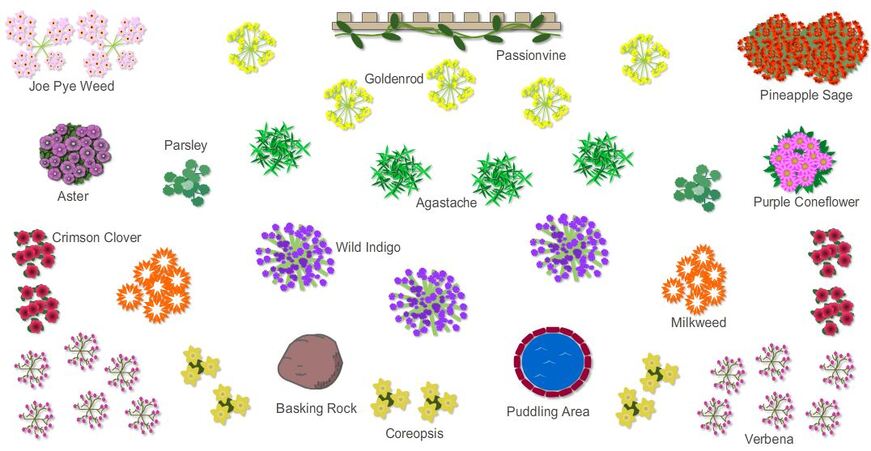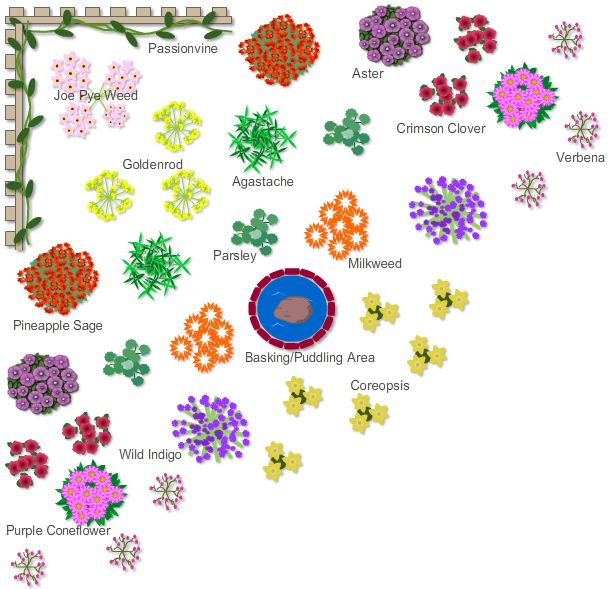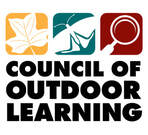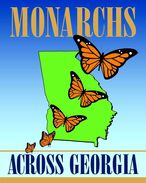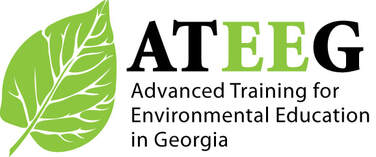Environmental Education Alliance of Georgia
- Our Story
- Our Team
- Our Events
-
Our Resources
- Wildlife Viewing
- Earth Month Activities
- Garden-based Learning
- EcoEngineering Challenges
- Community (Citizen) Science
- Phenomenon-Based Learning
- Problem-Based Learning
- Place-Based Learning
- Project-Based Learning
- Teaching about Climate Change
- Teaching about EJ
- Zero Waste Heroes
- SAGES Project
- Virtual EE Resources
- Environmental Clubs
- Evaluation and Assessment
-
Our Work
- Our News
- Our Impact
- JOIN or GIVE
- Member Portal
- Contact Us
- Outdoor Learning Store
- PassTick2023-4
- Annual Report
- New Page
- Past 2022 EEA Conference
- Past EEA Board 2021-22
- Past 2022 conferenceoverview
- Non-clickable Page
- New Page
- EEA Guest Blog
- Our Story
- Our Team
- Our Events
-
Our Resources
- Wildlife Viewing
- Earth Month Activities
- Garden-based Learning
- EcoEngineering Challenges
- Community (Citizen) Science
- Phenomenon-Based Learning
- Problem-Based Learning
- Place-Based Learning
- Project-Based Learning
- Teaching about Climate Change
- Teaching about EJ
- Zero Waste Heroes
- SAGES Project
- Virtual EE Resources
- Environmental Clubs
- Evaluation and Assessment
-
Our Work
- Our News
- Our Impact
- JOIN or GIVE
- Member Portal
- Contact Us
- Outdoor Learning Store
- PassTick2023-4
- Annual Report
- New Page
- Past 2022 EEA Conference
- Past EEA Board 2021-22
- Past 2022 conferenceoverview
- Non-clickable Page
- New Page
- EEA Guest Blog
Sample Pollinator Gardens
|
The following garden plans are designed planting in full sun (i.e., a minimum of six hours), with morning sun being more desirable than afternoon sun, if possible.
|
Rectangular Garden Design (for at least a 13’ x 6’ plot)
Corner Garden Design (for a plot with at least 11’ sides)
Caterpillar Food Source
In addition to milkweed for monarchs, provide host plants for at least five additional butterfly or moth species.
- Milkweed - Monarchs (and Queens in south GA)
- Aster - Pearl Crescent
- Parsley - Black Swallowtail
- Passionvine - Gulf Fritillary and Variegated Fritillary (and Zebra Longwings in south GA)
- Purple Coneflower - Silvery Checkerspot
- Wild Indigo - Wild Indigo Duskywing
Pollinator Nectaring Sources
Must provide four plants that bloom in the spring, four that bloom in the summer, and four that bloom in the fall.
|
Spring
Coreopsis Crimson Clover Verbena Wild Indigo |
Summer
Agastache Milkweed Parsley Passionvine Purple Coneflower |
Fall
Aster Goldenrod Joe Pye Weed Pineapple Sage |
Garden Tips
- Crimson Clover (Trifolium incarnatum) and Larkspur (Consolida ambigua), which may be used as a substitute, are annuals usually sold as seeds instead of container-grown plants. They are both best planted from seeds in the fall. Crimson Clover is commonly grown as a cover crop and is often available at hardware stores, feed-and-seed stores, or garden centers. After blooming, it will die off but will likely reseed itself. It may also “move around” to fill in any available gaps in the garden.
- Parsley (Petroselinum crispum) is a biennial and will bloom during its second year. It may return from seed on its own or may need to be replaced every two years by purchasing transplants.
- Pineapple Sage (Salvia elegans) is considered a tender perennial in north Georgia. A layer of mulch will help protect it over the winter.
- Taller varieties of Joe Pye Weed (Eupatorium purpureum) and Goldenrod (Solidago spp) may benefit from staking to prevent them from falling over. Or, they may be cut back (not all the way to the ground) earlier in the growing season to help create shorter sturdier plants.
- Passionvine (Passiflora incarnata) climbs by tendrils and will need a trellis for support. It may need a little “training” to keep it on the trellis instead reaching out to also grow on the other plants in the garden.
- Milkweeds support an entire community of insects and will likely attract small yellow aphids throughout the growing season as well as orange and black milkweed bugs as seed pods begin to form. Tussock moth caterpillars may also be found feeding in large groups. Milkweed, Monarchs and More: A Field Guide to the Invertebrate Community in the Milkweed Patch is an excellent book for helping to identify other interesting members of the Milkweed community.
- Silvery Checkerspots overwinter as caterpillars so be careful not to do too much clean-up around the bases of Purple Coneflowers.
- Puddling areas may be created using most any type of container that holds water including flower pot saucers, trash can lids, etc. Bury the container to the top of its rim, then fill it with a combination of small rocks plus sand or garden soil. Adding compost or composted manure can make the spot even more appealing by adding minerals.
- Basking areas can be made by placing flat rocks in a sunny patch of the garden or even in the puddling area. These rocks can also make nice stepping stones for the gardener and reduce soil compaction by keeping feet out of other areas where plants are growing. A log can also make a great basking spot.
- A layer of mulch in the garden will help conserve soil moisture and suppress weeds.
- Removing spent flowers, called deadheading, can encourage more blooms. Don’t remove all spent flowers from the plants you want to produce seeds though!
|
Environmental Education Alliance, Inc.
P.O. Box 801066 | Acworth, GA 30101 EEA does not does not discriminate on the basis of race, color, national origin, sex, age, or disability in its program , activities, or employment. For more information on EEA's non-discrimination commitment click here . Grievance officer may be contacted at [email protected] |
Proudly powered by Weebly
|
